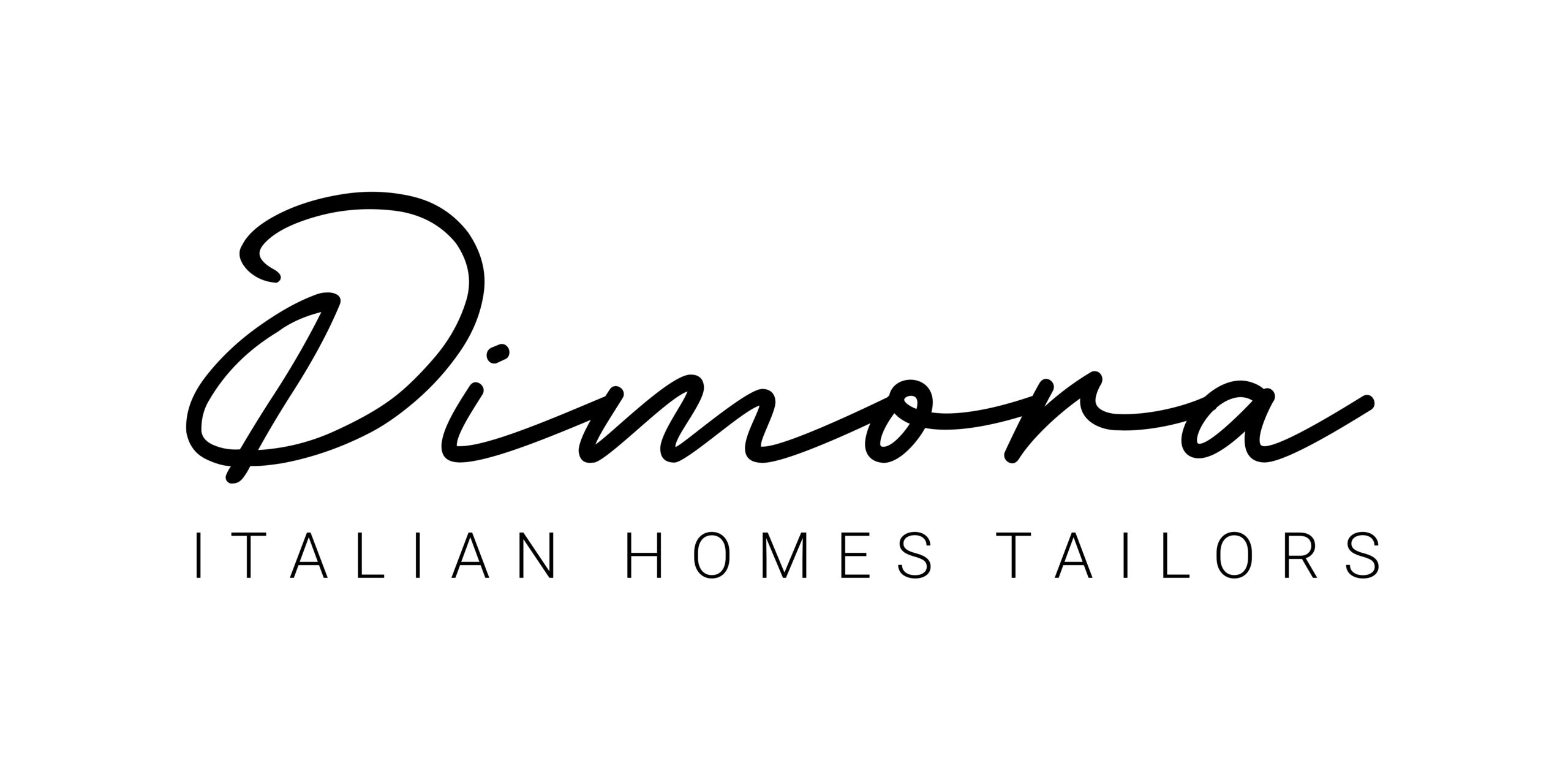We would start with a quite informal chat in which you can tell us about your needs, your budget, your idea of home, your lifestyle, then you would need to tell us where you want to live, hilly countryside, next to the sea, in a mountain village, any particular region? Some people would need to travel abroad frequently so a large airport near-by would be essential. For instance one client wanted to be in proximity of smaller airport with cheap flights so he could look after his international business .
After we understood your requirements, we would contact our network of real estate agencies, explain the brief and let them search for properties that are a good match. We would sift through the materials they send us, make initial assessment and, if necessary, visit some of the properties. Please be aware that we are completely independent from the those agencies and we work for your best interests. As and when we have collected enough options we would present you a selection. If you find something you like, then our team of architects, engineers and surveyors will start accurate investigation identifying potential risks and carry out a due diligence check.
Our legal consultants will help you with the purchase and all paperworks.
Pier and Carlo would carefully listen to your ideas and help you imagine how the house can be transformed, submit the required planning applications, help you choosing the right builder for the type of work, manage the contracts and the construction. You will receive fortnight updates on the progress and video calls from the building site.
In a nutshell: you tell us where you want to move and with the help of a network of real estate agencies we find the right place, you tell us how you would like your new home and we transform it to suit your needs and budget guiding you through the intricacies of bureaucracy, the difficulties of choosing the right contractors and the hassle of managing a building site.


